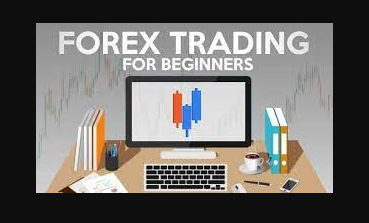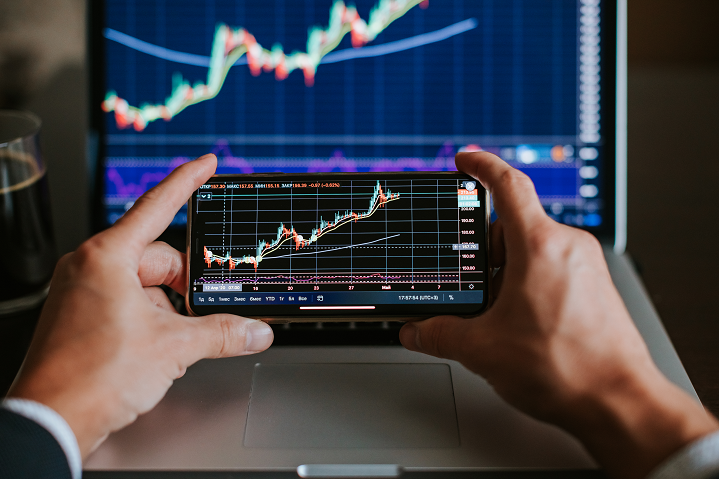Training forex is a crucial step for anyone interested in entering the world of foreign exchange trading. Forex, also known as FX, is the process of buying and selling currencies to profit from the fluctuating exchange rates. To understand how to effectively trade in the forex market, it is important to undergo proper training and education.
The Importance of Forex Training
Forex training provides individuals with the knowledge, skills, and tools necessary to navigate the complexities of the forex market. Here are some key reasons why forex training is essential:
- Understanding Market Dynamics: Forex training helps individuals gain a deep understanding of how the forex market operates. It covers topics such as market participants, trading sessions, economic indicators, and factors influencing currency exchange rates.
- Learning Trading Strategies: Proper training equips individuals with various trading strategies and techniques. It introduces different analysis methods, such as technical analysis and fundamental analysis, which are essential for making informed trading decisions.
- Developing Risk Management Skills: Forex training emphasizes the importance of risk management. It educates individuals on how to protect their capital, set stop-loss orders, determine proper position sizes, and manage leverage effectively.
- Using Trading Tools: Training provides insights into the practical use of trading platforms, charts, and technical indicators. It helps individuals become familiar with these tools and understand how to utilize them to enhance their trading performance.
Selecting a Forex Training Program
Choosing the right forex training program is crucial for acquiring the necessary skills and knowledge to trade effectively. Consider the following factors when selecting a forex training program:
- Reputation and Credibility: Research the reputation and credibility of the training provider. Look for programs offered by experienced traders or reputable institutions known for their expertise in the forex market.
- Course Content: Evaluate the course content to ensure it covers essential topics such as market analysis, risk management, technical analysis, and trading psychology. A comprehensive and well-structured curriculum is important for a thorough understanding of forex trading.
- Interactive Learning: Look for programs that offer interactive learning opportunities such as live webinars, interactive exercises, and simulated trading environments. Interactive learning experiences enhance understanding and allow for practical application of the concepts learned.
- Support and Mentorship: Consider programs that provide ongoing support and mentorship. Access to experienced traders or instructors who can answer questions, provide guidance, and offer feedback can greatly enhance the learning process.
- Demo Accounts: Check if the training program provides access to demo accounts. Demo accounts allow individuals to practice trading with virtual funds in a risk-free environment. This hands-on experience is invaluable for gaining practical skills and building confidence.
Practicing and Refining Skills
After completing a forex training program, it’s important to continue practicing and refining your trading skills. Here are some tips for ongoing skill development:
- Start with a Demo Account: Begin by practicing your trading strategies and techniques using a demo account. This allows you to gain practical experience without risking real money.
- Keep a Trading Journal: Maintain a trading journal to track your trades, strategies, and observations. Reviewing your journal regularly helps identify strengths and weaknesses in your trading approach.
- Utilize Backtesting: Backtesting involves analyzing historical data to evaluate the performance of your trading strategies. Use backtesting tools and platforms to assess the viability of your strategies and make necessary adjustments.
- Stay Informed: Continuously educate yourself on market trends, economic indicators, and news events that impact the forex market. Stay updated with relevant information to make well-informed trading decisions.
- Seek Feedback and Guidance: Connect with experienced traders or join online trading communities to seek feedback, discuss trading ideas, and gain insights from others. Collaboration and learning from others can accelerate your growth as a forex trader.
Conclusion and Suggestions
Training in forex is an essential step in developing the skills and knowledge required to trade successfully. Through proper education and training, individuals can gain a solid understanding of the forex market, learn effective trading strategies, and develop risk management skills. Remember to choose a reputable training program that suits your needs and continue practicing and refining your skills even after completing the training.
It’s important to approach forex trading with discipline, patience, and a continuous thirst for learning. The forex market is dynamic and ever-changing, and staying informed about market trends and developments is crucial. Lastly, always trade responsibly and be prepared for both profits and losses. By implementing proper training and continuous improvement, you can enhance your chances of success in forex trading.







